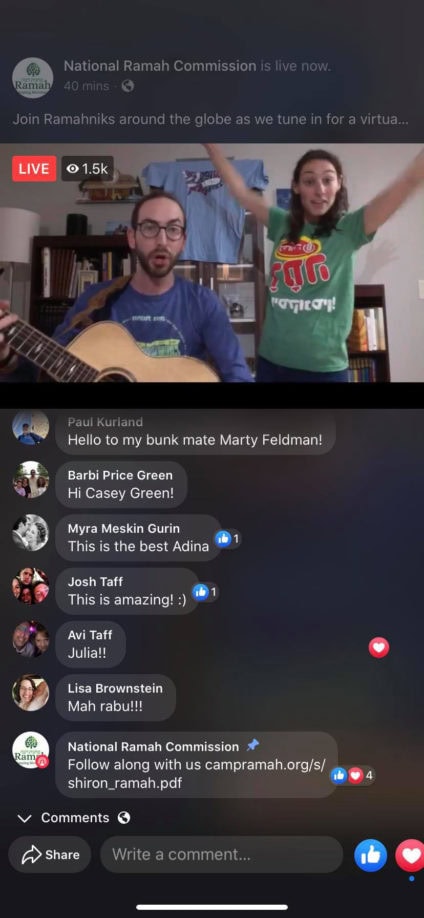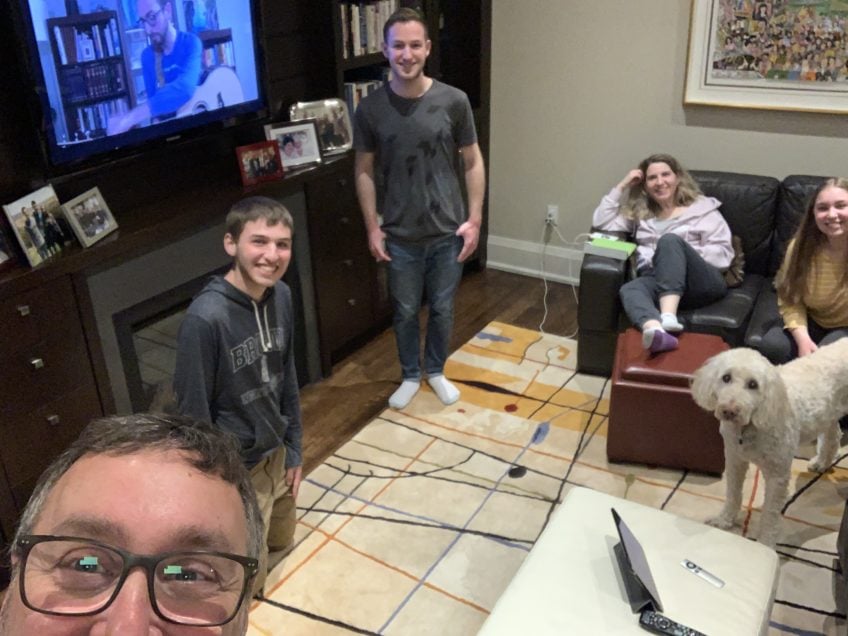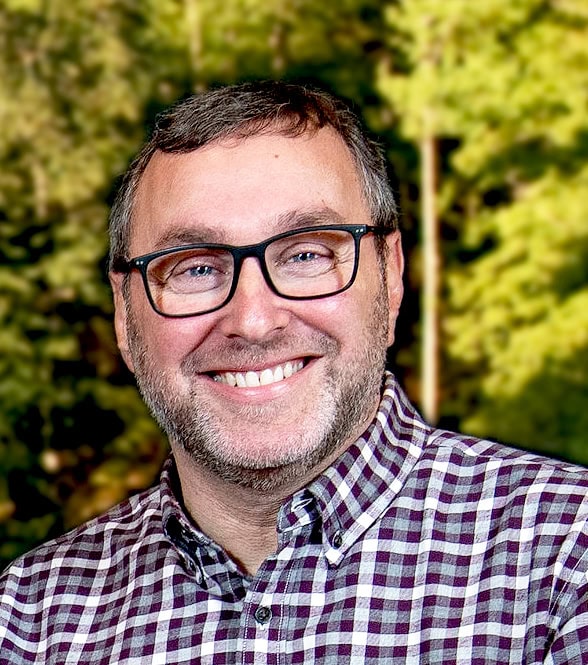This is not a post about coronavirus.
(OK, that’s not entirely true because – let’s face it – everything these days is about coronavirus.)
This is a post about the power of community.
I’m writing from Toronto where my whole family is back together: Beth, my pediatrician wife who is working on the front lines at two hospitals; Jonah and Ben, who are back from university in Montreal and Atlanta; and Talia, who is in her last year of high school here. It’s the first time in a long time we’ve all been under the same roof for more than just a couple of days. And by all accounts, we will be living together for a while. Thankfully we’re well stocked with all the essentials: soap, hand sanitizer, disinfecting wipes, toilet paper and critically, a freezer stocked with Montreal bagels.
Like so many, we’ve all been spending a disproportionate amount of time on our screens as we practice social distancing. Our days are filled with Zoom and Microsoft Teams meetings, FaceTime chats with friends and family, scrolling Facebook and Instagram and Snapchat and Twitter and TikTok (ok, I might be the only one on TikTok – insert snarky comment here, Talia).
As one commentator said, a better term for what we’re all doing is “physical distancing”. These days we’re probably more socially connected than we’ve ever been before. And it’s pretty amazing to watch.
 On Thursday night the whole family was gathered around our TV (keeping six feet of distance since a few of us are still in 14-day self quarantine) to watch National Ramah’s livestream of a special Josh Warshawsky concert. Josh is an incredibly talented musician and songwriter who has spent time at many Ramah camps, and his performance was the definition of joyful Judaism. My family was singing along the entire time. But what really struck me was the activity in the live chat: over a thousand Ramahniks from around the world waving at each other virtually, sending shout-outs, posting messages of love and support. It was incredible to see the power and strength of the global Ramah community.
On Thursday night the whole family was gathered around our TV (keeping six feet of distance since a few of us are still in 14-day self quarantine) to watch National Ramah’s livestream of a special Josh Warshawsky concert. Josh is an incredibly talented musician and songwriter who has spent time at many Ramah camps, and his performance was the definition of joyful Judaism. My family was singing along the entire time. But what really struck me was the activity in the live chat: over a thousand Ramahniks from around the world waving at each other virtually, sending shout-outs, posting messages of love and support. It was incredible to see the power and strength of the global Ramah community.
Then on Saturday night, my family had the honour of leading virtual Havdallah for the TanenbaumCHAT community (the Jewish high school in Toronto that our kids have all attended). It was magical. Dozens of families gathered around their laptops with their candles and wine and spices, singing along with us.
When we were done, I logged on to Facebook and was overwhelmed and moved by the number of Havdallah livestreams from communities across North America. With every scroll, there was another family congregated around their computer. Then Jonah joined Hillel’s Zoom Havdallah, connecting hundreds of college-age students now back at home around the world. Truly beautiful to watch.

For years we’ve all read about the threats facing the North American Jewish community: lack of connection to Judaism among the younger generation, declining synagogue membership, attacks on our Jewish institutions, high rates of intermarriage. One might assume that as we all hunker down and focus on defeating our new invisible viral enemy, being Jewish would be the last thing on anyone’s mind.
Yet this crisis seems to be reigniting our need for community and connection. Maybe, just maybe, one good thing to come out of this crazy time will be a deeper understanding of the importance of Jewish community. Maybe being physically apart will spark a newfound need to be closer, to congregate more frequently at synagogues and camps and other Jewish institutions. Maybe, like so many times in our history, sadness and loss will bring Jews together.
Wishing everyone nothing but good health.
